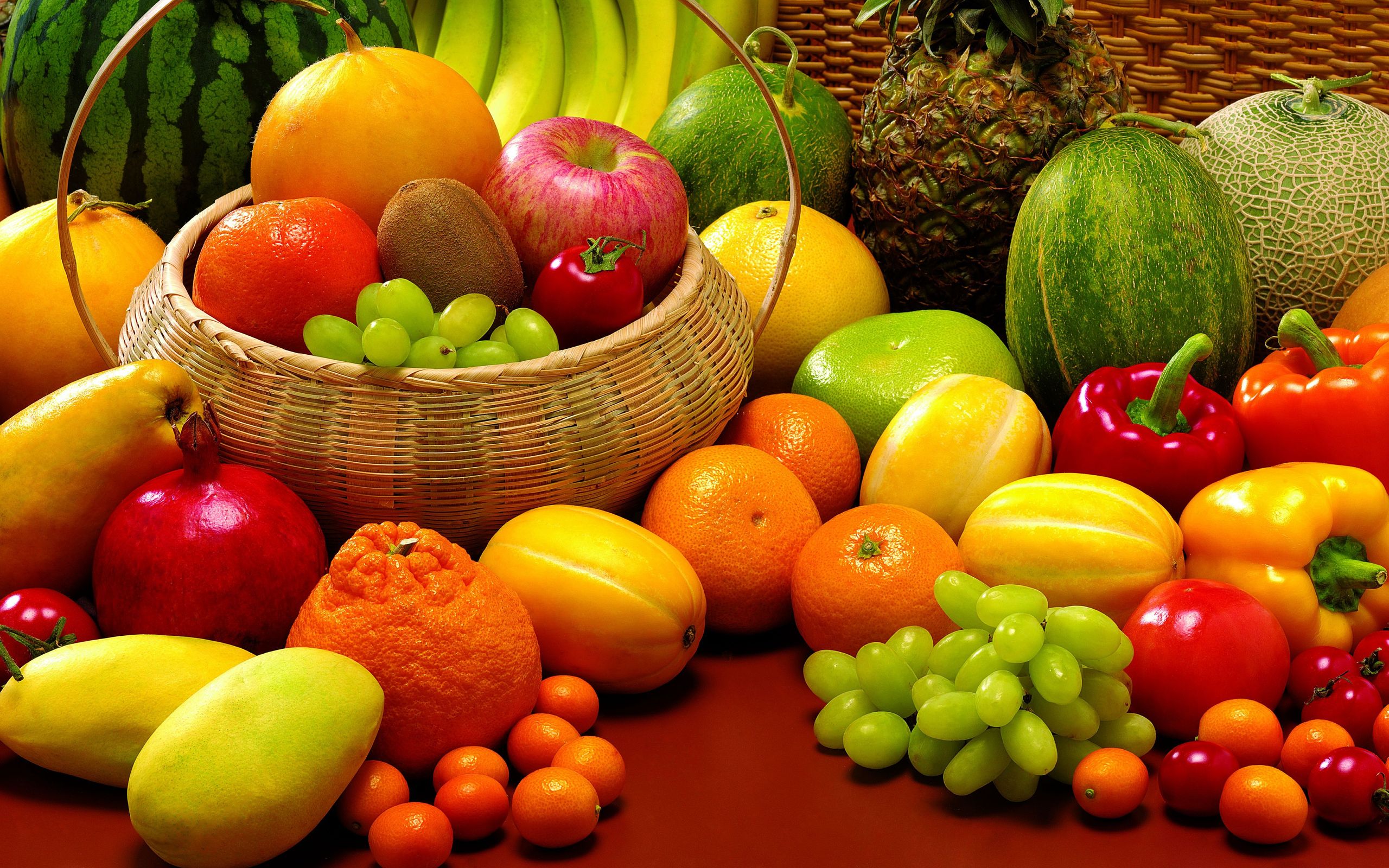I just stumbled upon a newspaper advertising fresh fruits exporters. Because “Organic” is one of the most often used buzzwords in marketing food items, cosmetics, infant meals, and even clothing, it drew my eye. Even though my health comes first, I frequently disregard the advantages that purchasing organic items over conventional ones might provide. I decided to buy organic fruits and veggies online a few months ago. I found a few fantastic web stores when looking for naturally grown things. When I saw the price tags each organic fruit and vegetable wore, my heart missed a beat, and my mouth dropped agape. I quickly abandoned buying organic products since their exorbitant cost hurt my heart more than my wallet. This advertising once again made me want to buy organic fruits and veggies. This time, I truly wanted to consider both perspectives. This time, I need to enhance my understanding of organic fruits and veggies before making firm judgments. I thus began my investigation on this subject from fresh. Let’s now investigate what “organic fruits and vegetables” means.
Fruits and vegetables are produced on soil without synthetic growth hormones, pesticides, or genetically engineered seeds. Even the water used to support them should be devoid of metallic or chemical impurities. The nearby farmlands should also follow regulations governing organic farming. Although these rules and requirements may differ from nation to nation, their fundamental concept remains the same.
I looked at the criteria and requirements for organic food before researching the factors that drive up the price of organically farmed goods, making it harder for the average person to purchase them. To name a few:
Organic Labeling:
The expense of organic certification is higher. The certification process comes with some obligations, such as the need for organic processes to only use recognized ingredients and conserve and safeguard natural resources and biodiversity. Organic farming must employ organic manure and compost, whereas conventional production uses chemical fertilizers to increase and safeguard crops. Since manure and compost should be entirely free of pesticides and other chemicals, obtaining organic fertilizers is difficult and expensive. This high cost also drives the final price of organic fruits and vegetables.
Organic weed control
In contrast to traditional agricultural methods, organic farming employs agronomic techniques to manage weeds naturally. It involves promoting a diversified microbial population and good soil conditions. Farmers that organic plant crops face a tremendous challenge in organically controlling weed development since they compete with the crops for nutrients, sunshine, and water, which reduces crop production. Studies show that rotating crops is one of the most influential and long-lasting strategies to keep weeds out of organic soil. It is now clear that the price of organically grown fruits and vegetables increases when weeding naturally requires time and money to pay for the necessary labor.
Speculative Yields:
It is particularly challenging for farmers to forecast their yields in organic farming. Organic food production is significantly influenced by several factors, including weeds, pests, diseases, soil quality, and the availability of water for plants. Chemical fertilizers, which quickly resolve many concerns relating to the corps, are not used in organic farming. Compost, organic fertilizers, and manure must all be used in large quantities to safeguard the yield. Naturally, this increases the expense of sustaining and boosting yields more often. Due to the farmers’ inability to satisfy the rising demand for organic fruits and vegetables and the unpredictability of their harvests, organic produce has come to be perceived as an expensive good.
Null growth promoters:
Utilizing artificial fertilizers, growth hormones, or other chemicals to increase the output of organic fruits and vegetables is prohibited while growing organic fruits and vegetables. Conventional farming practices employ genetically modified organisms, herbicides, and growth regulators to support and promote the crop. Still, organic farming only uses crop leftovers and animal manure as fertilizers to adhere to the highest standards for food safety. To maintain the certification of organic products, the animals and crops from which the manure and compost are made should get wholesome food, an environment free of chemicals, and clean water. The entire process is time- and money-consuming.
More expensive shipping:
To protect the authenticity of organic goods, fruits and vegetables that have been grown organically cannot be sent alongside conventional produce. Organic food is sent in lower quantities than conventional produce. To preserve the whole spirit of organic farming, organic farmlands are ideally situated distant from cities or towns. The above factors contribute to the slow, costly, and problematic shipment of organic fruits and vegetables. Packing and shipping tiny quantities are expensive compared to carrying generated yields in bulk.
Weeding manually:
Farmers that cultivate organic fruits and vegetables employ efforts to remove weeds, which stunts the growth of the plants. Weeds pose a severe danger to farmlands, particularly organic ones because you cannot use hazardous herbicides in the organic cultivation of fruits and vegetables. One of the best and most efficient approaches is to do the wedding by hand. It effectively eliminates weeds and limits the spread of weed seeds on the ground by about 90%. It also has the added benefit of having less of an environmental effect. The cost of labor for this procedure is substantial. Since it is so challenging to locate and retain people, hiring them is another significant difficulty.
The health advantages they provide should undoubtedly be considered, despite the pricey label. Although other sources claim that fruit and vegetable export grown organically and conventionally have the same nutritional worth. Yes, they might or might not have the same nutritional value. Still, it is impossible to overlook the health risks associated with eating fruits and vegetables that have been chemically painted. By purchasing organic fruits and vegetables, you may significantly reduce your spending on medical expenses. Buy organic items online now; it’s an excellent investment in your health.
